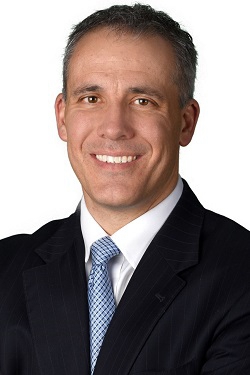A healthy life is a matter of balance. Work is important, but so too is relaxing and finding time to “play” (however you might define that). You should certainly spend time with loved ones and friends, but time alone is also important. Exercise is essential for your physical health, but the same can be said about rest. Balance is important.
Your body also relies on balance, especially in the muscular system. In many cases, we have opposing sets of muscles and connective tissues. For example, your bicep pulls your arm back, and the triceps push it away. If one muscle is significantly stronger than the other, it leads to problems. Such is the case with toe deformities.
Common Types of Toe Problems
The underlying cause of any curled toe is physical imbalance, but it manifests in different ways. Let’s take a closer look so you can identify the various types:
- Bunions. These are probably the most well-known abnormality. They are easily observed by the bony protrusion at the base of the big toe. With a bunion, the big toe will begin to drift inward, while the joint pushes further out from the inside edge of the foot.
- Hammertoes. If your big toe is curled in an abnormal fashion, it might be a case of hammertoe. With this condition, there is an abnormal bend at the middle toe joint forcing the front of the toe to face the ground. In most cases, a hammertoe develops in the second toe.
- Mallet Toes. Another common second-toe deformity, but the bend for a mallet toe is in the joint closest to the tip of the toe, which causes the tip of it to curl down.
- Claw Toes. Much like mallet and hammertoes, claw toes feature abnormal bending. There are two big differences, however. The first is claw toes have more than a single bend. There is an upward bend at the base of the toe, along with downward bends in both of the other toe joints. The other difference is that this condition will often affect all four of the smaller toes at the same time.
If you experience any of these abnormalities, come visit Advanced Foot and Ankle for professional care. Early treatment is best, so contact us today by calling (208) 731-6321 to reach our Twin Falls, ID office.

